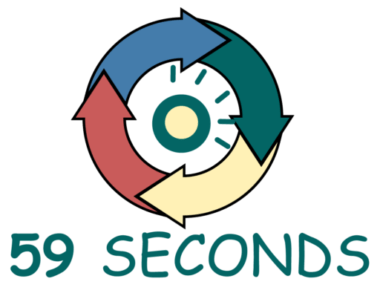
Scrum Team Size for Scrum Masters
The basics of Scrum can be easy but implementing them and succeeding with Scrum can be infinitely harder. Scrum Teams need to be big enough to get things done, but small enough to allow for communication and move quickly.
The Scrum Team has three roles that make up the structure of the team, the Scrum Master, Product Owner, and Development Team. When deciding how large a team should be, the development team is where the numbers will increase or decrease. There will always be one Scrum Master and one Product Owner – teams shouldn’t have more than one Product Owner.
Choosing how many people are needed for a scrum team can seem like a daunting task for Scrum Masters. Scrum Masters guide the team in using Scrum and ensure that the team is working in its best way by serving the team. There isn’t any rigid template that you have to follow when creating a Scrum Team, however, there is some general advice to help out.
A common recommendation is that Scrum Teams should be seven people, plus or minus two. While recommendations allow for flexibility in building your team, they can be hard to implement when deciding how many people to include. As a Scrum Master, you will be tasked with ensuring the team performs at its peak. If a team is too big or too small it can affect the way you do your job. So what size should a Scrum Team be?

Larger Teams
As a scrum team gets larger, so does the amount of communication needed to ensure collaboration. As a Scrum Master, you should consider what is needed for the team and how complex the project working on is. Larger teams tend to be necessary for larger, more complex work.
Larger Teams
Teams need to be big enough to allow the work to be done. Sometimes if a project is larger and more complex, it will require more developers. Larger companies also tend to have larger teams since there will often be larger, more complex projects. However, teams can get too large. If a Product Owner comes to you and wants a 16-man team, a Scrum Master should consider whether it is necessary and how it will affect the use of Scrum.
Scrum Masters should consider how many development team members are needed to effectively get the work done while allowing for effective communication and efficient collaboration. When teams are too large, it can be harder to keep meetings time-boxed, communication becomes harder and more time and effort will be needed on the Scrum Master’s part to keep the team working effectively. Essentially, from a Scrum Master’s point of view, larger teams tend to require too much coordination between the team to keep things running smoothly and effectively. The larger the team becomes; the more time is needed to keep the team on track and working efficiently.
Scrum Masters should consider the ramifications and pitfalls that can happen when teams get too large and complex. If a Product Owner comes to you and insists on a team size that seems too large to effectively handle, suggesting that the team split into two teams that work parallel to each other can help alleviate some of the problems associated with large teams.
Smaller Teams
So what happens if teams are too small?
Teams should be big enough to handle the work effectively and efficiently. Having only a couple developers can affect the amount of work that is able to be done on the project. Even with this, collaboration becomes a problem since there will be fewer people available to check each other’s work or test solutions.

